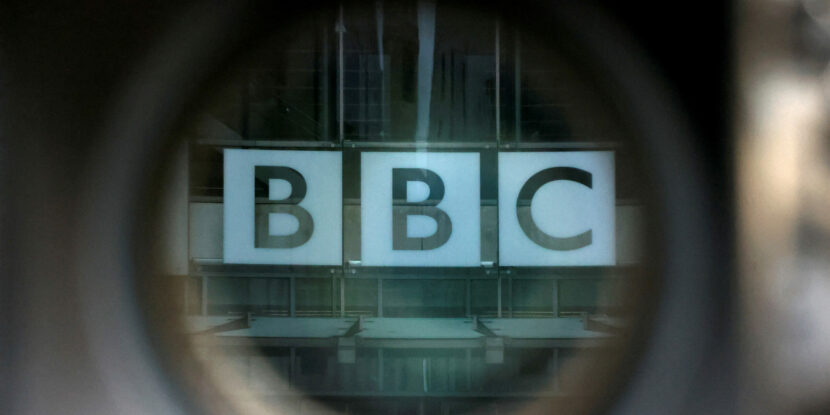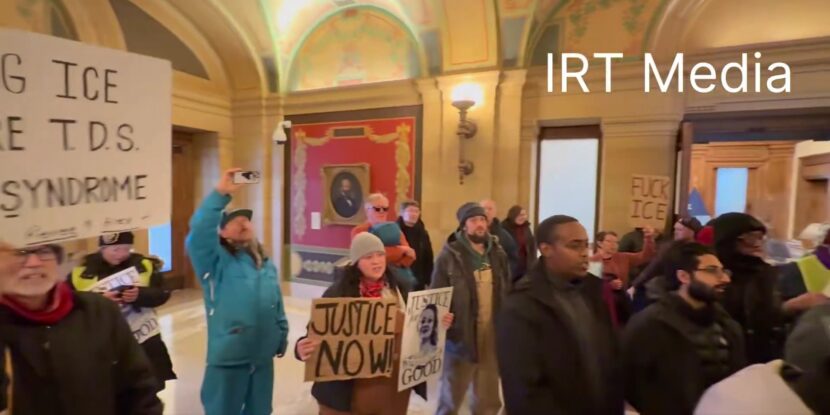The BBC breached its editorial guidelines on more than 1,500 occasions at the peak of the Israel-Hamas conflict, more frequently associating genocide and war crimes with Israel compared to Hamas. British lawyer Trevor Asserson headed a report that identified a significant bias against Israel in the BBC coverage over four months.
The report documents 1,553 breaches of editorial guidelines, including impartiality, accuracy, and adherence to editorial values and public interest. Specifically, it highlights that Israel was more frequently associated with genocide and war crimes compared to Hamas, with a marked disparity in terminology. Notably, Israel was linked to genocide 14 times more often than Hamas.
Former BBC executive Danny Cohen has characterized the situation as an “institutional crisis” and called for an independent inquiry into the state broadcaster’s coverage of the conflict along with Jewish groups. The report alleges that some BBC journalists have shown sympathy for Hamas and engaged in biased reporting. Specific individuals such as Jeremy Bowen, the BBC’s international editor, and Lyse Doucet, its chief international correspondent, are cited for excusing Hamas’s actions and downplaying the October 7 attacks on Israel.
In response to these findings, the BBC criticized the report’s use of AI for impartiality analysis and its interpretation of the BBC’s editorial guidelines.
The BBC has been criticized for months over its bias against Israel during the conflict with Hamas, with six BBC staff in the Middle East being removed from the air after their pro-Hamas social media posts emerged last October.
The broadcaster was also forced to apologize in November of last year for mistakenly claiming that Israel was deliberately targeting medical staff in Gaza’s Al Shifa Hospital.




















